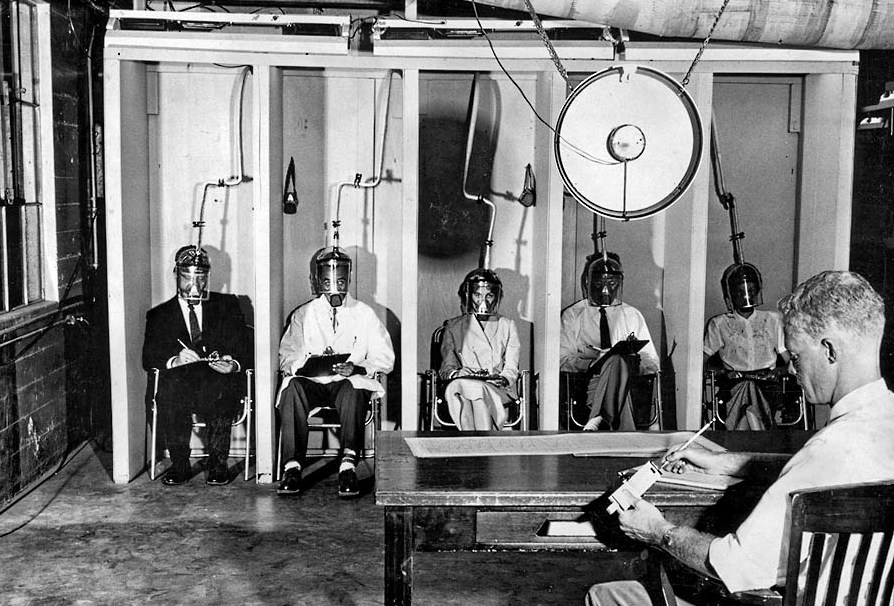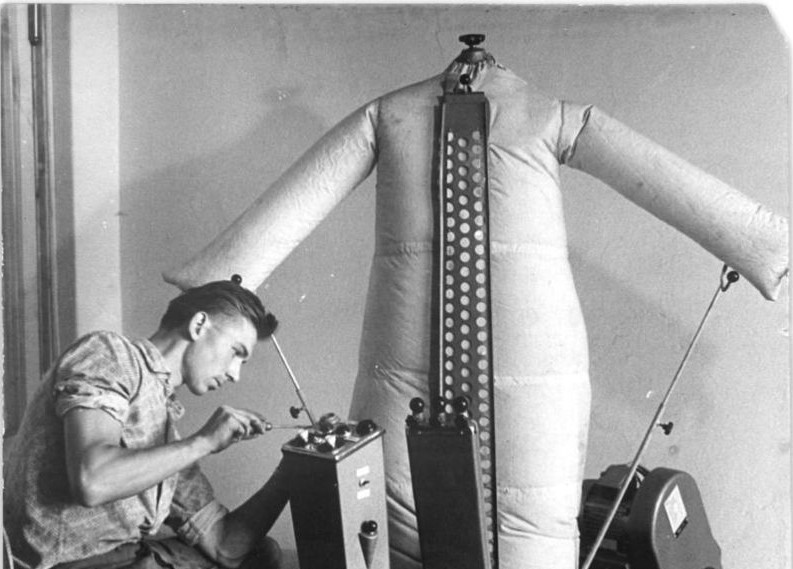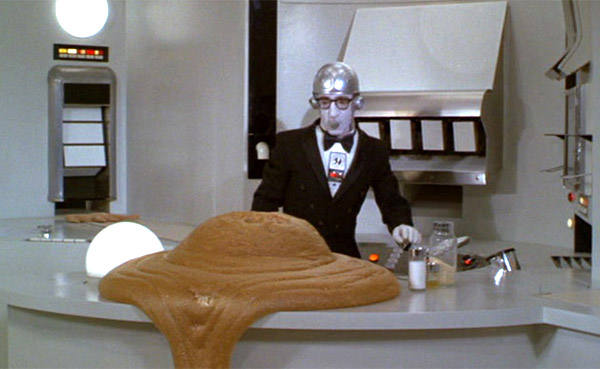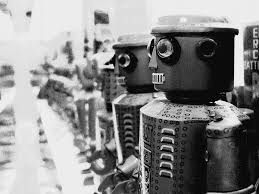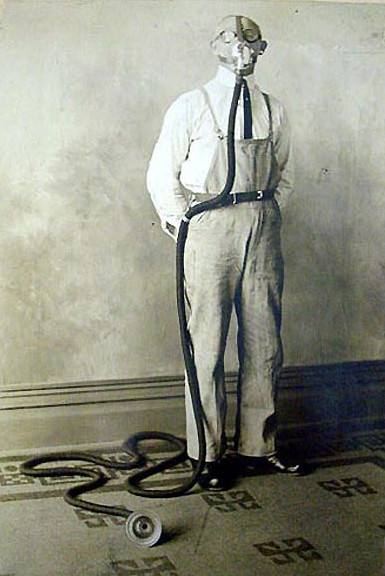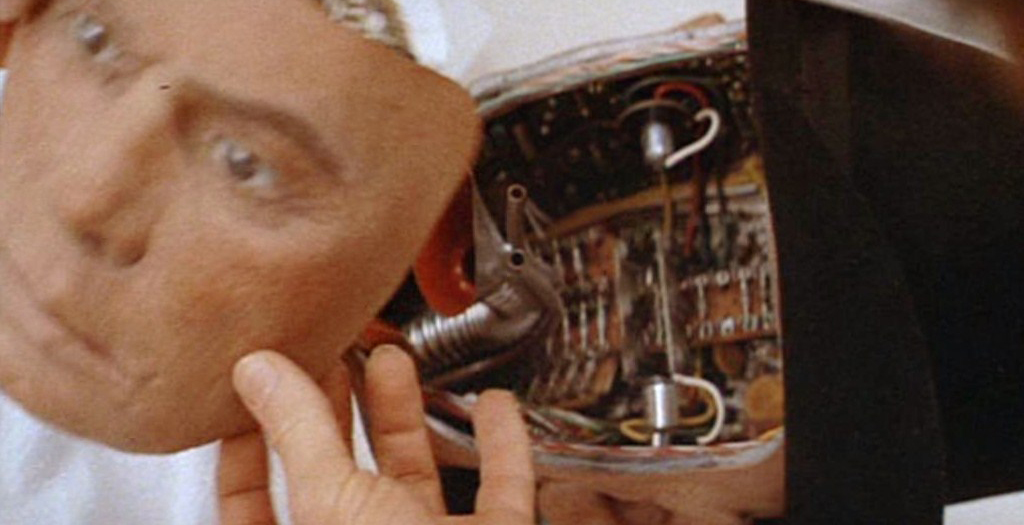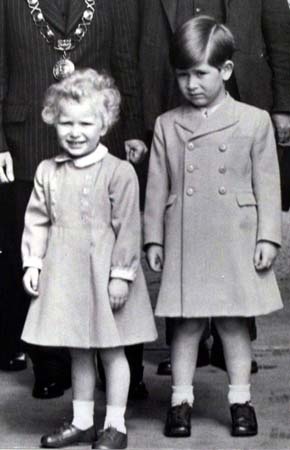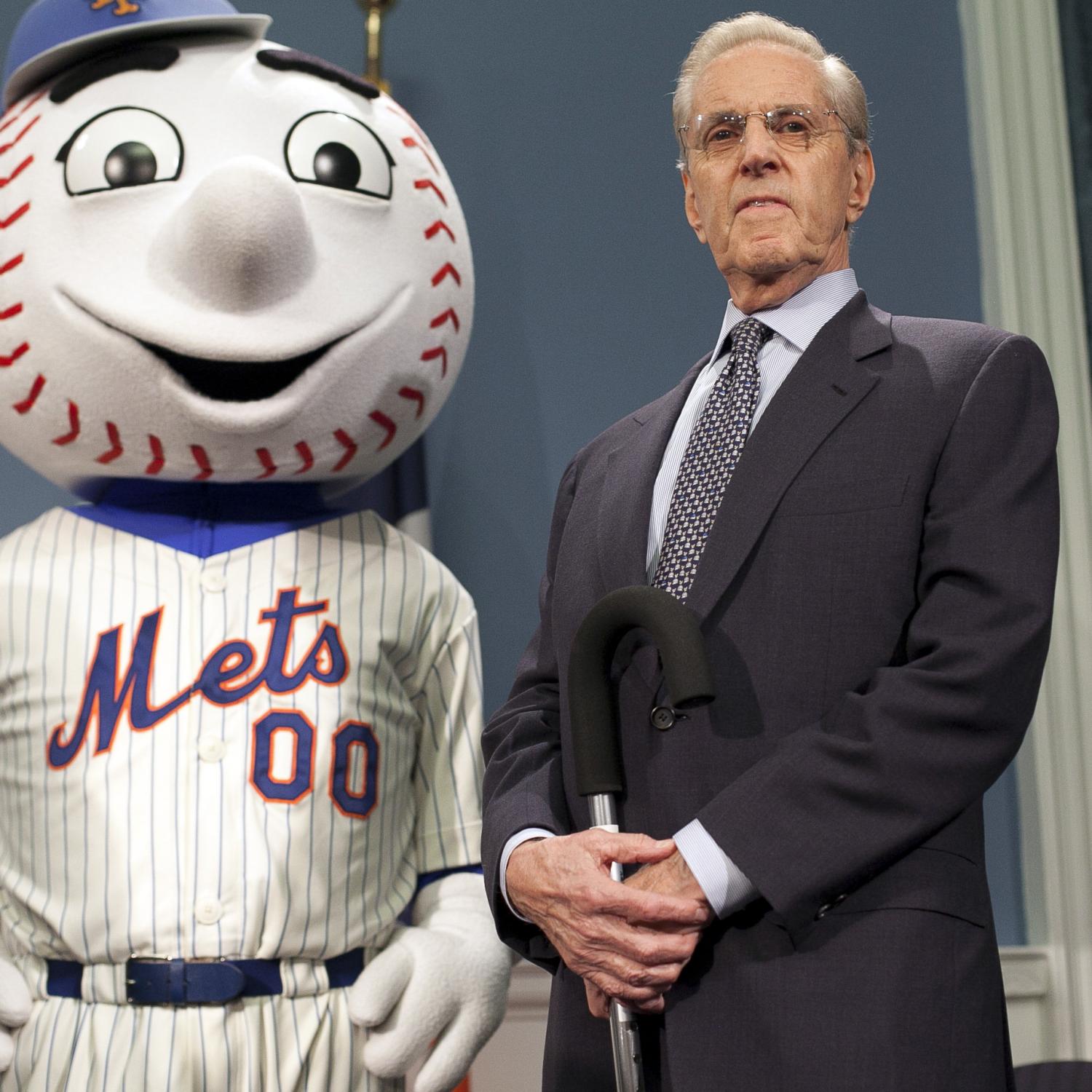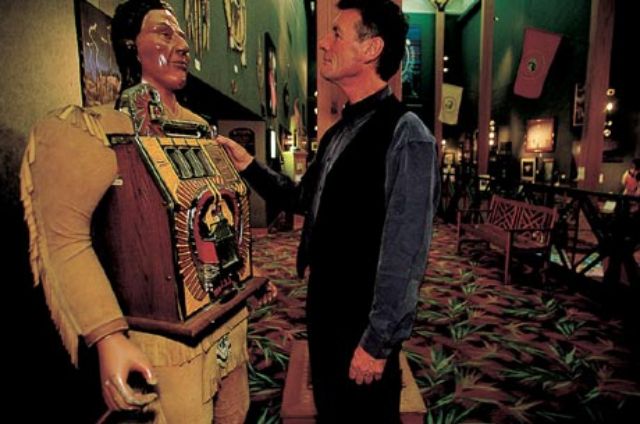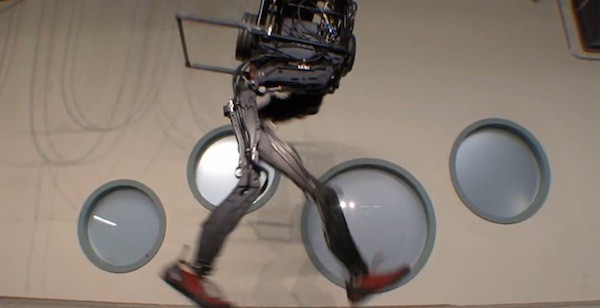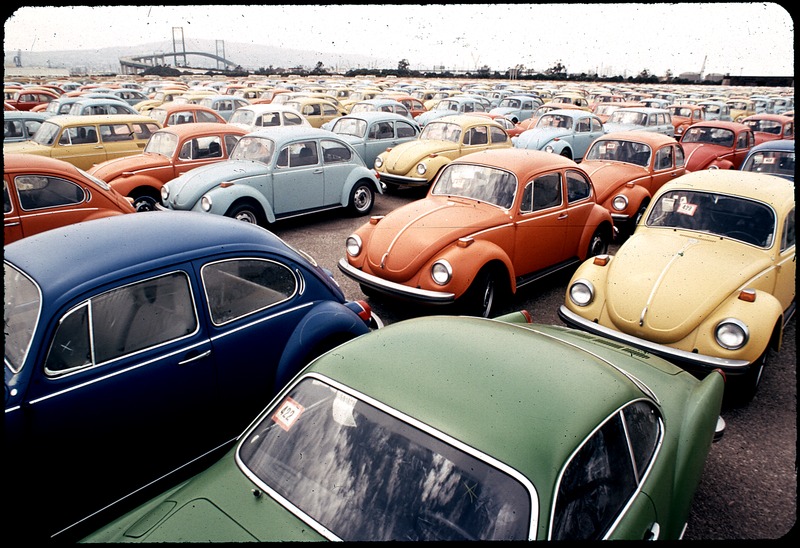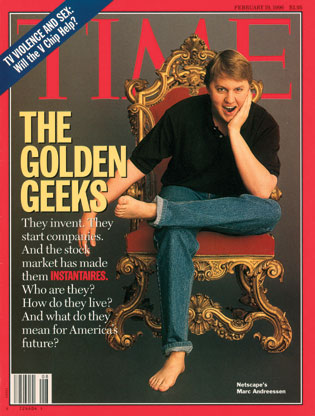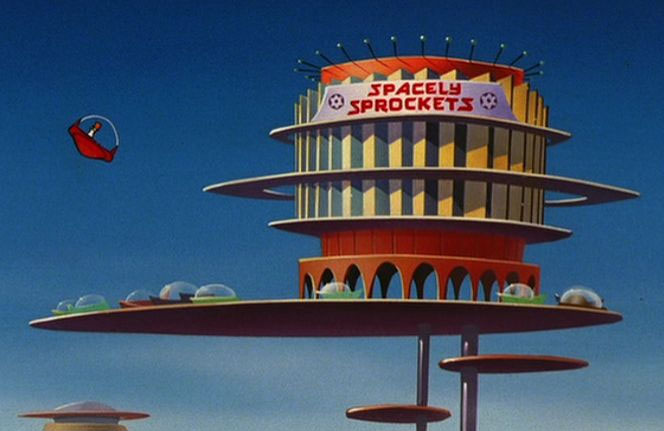
Peter Diamandis, a valued employee of Spacely Sprockets, just did an Ask Me Anything at Reddit about automation, media and economics, among other topics. A few exchanges follow.
___________________________
Question:
What are your thoughts on the increasing effect of automation on society? Do you think that we’ll see dramatic changes in employment, and if so, how will we cope with them?
Peter Diamandis:
The idea of having a job is actually a recent invention. Oxford predicts 48% of U.S. jobs will be decimated by AI and robots. I recently held a meeting of Silicon Valley CEOs at Singularity University to chat about this. The group fell into three camps:
- Technology will increase jobs (Mark Andreessen)
- Society will have a near-term loss of jobs, but society will accommodate with shorter workweeks, guaranteed income.
- We’re fucked.
I fall somewhere between #1 and #2.
___________________________
Question:
My question is about fear mongering news media and their role in conflicts. We know that despite all these terrorist attacks, violence and situation in The Middle-East, the world is getting more peaceful (less wars, less battle deaths, etc). But to me the 24/7 coverage of terrorism, ISIS and other extremists by global news media seems to be counterproductive in the long run. I personally think that makes average people more depressed, angry and indirectly increases the hatred between religious and non-religious people, between nations and countries. And this may lead to more conflicts. Do you think news media is partly responsible for ongoing conflicts and how do we solve it?
Peter Diamandis:
YES, YES, YES!!! The news media is a drug pusher, and negative news is their drug. They are taking advantage of our amygdala, which pays 10x more attention to negative news than positive news. I for one refuse to watch television news anymore, and I step over the newspaper in hotel rooms. They can’t pay me enough to abuse me in the way they do the general public.
My recommendation is to go on a Media Diet. You don’t need to be wasting time watching. You can get what you need from social networks and Google News filters.
___________________________
Question:
It seems to me like one of the most important, yet most intractably difficult, part of adapting to humanity’s potential as new technologies change the way our society operates is our existing political structures. So much of current power exists to protect entrenched interests, and it all boils down to the rich trying to hold on to what they have. But how will they, and our existing political structures, adapt to the potential of a post-scarcity economy? How will our governments adapt so that the bountiful surpluses of everything that will be possible are made available to all, equitably, and not only to the current elite, as is the case? How will even the concept of “rich people” adapt, and how will they react to protect their privileged position in society?
Peter Diamandis:
I think we are heading from a world of “haves” and “have nots” to a world of “haves” and “super-haves.” Meaning, while the wealth gap may be increasing, we are massively reducing poverty and have the potential to meet the basic needs of every man, woman and child on this planet. Personally, that’s what I’m working towards. That is the goal of XPRIZE and Singularity University.
___________________________
Question:
Can you tell us something that’s true, that almost nobody agrees with you on?
Peter Diamandis:
Everything we hold of value on Earth is in near-infinite quantities in space. The first trillionaires will be made as we open the space frontier. Access to these resources will increase abundance for everyone on the home world.•

